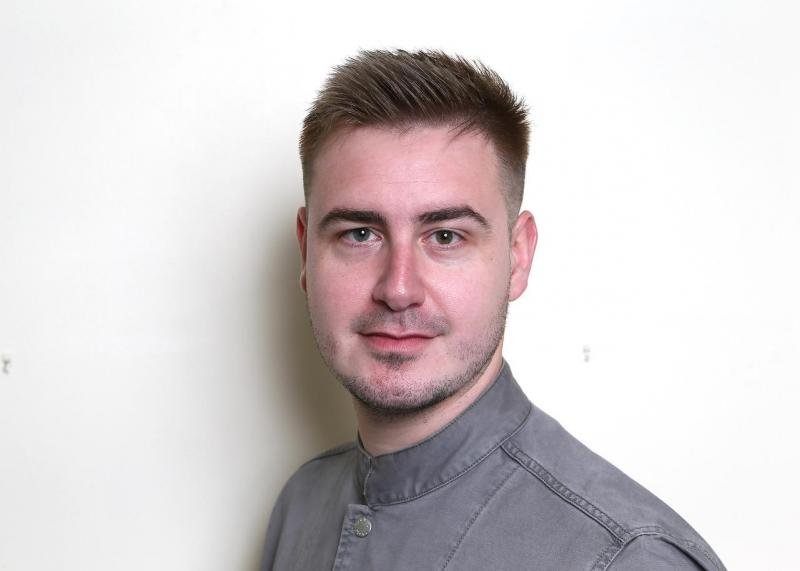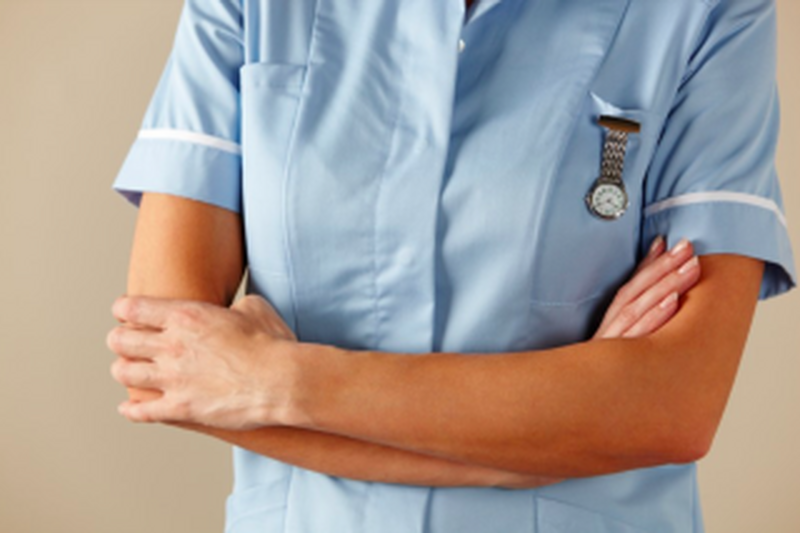‘FRUSTRATED’ GPs are no longer expected to default to telephone appointments - and are now allowed to mix possible Covid and non-Covid patients in the same waiting room - according to new NHS guidance.
The pandemic brought with it a rise in long-distance appointments and growing waiting lists, but NHS figures show numbers of face-to-face appointments are now creeping back to pre-Covid levels.
However, medics are still attempting to treat huge numbers of patients who it’s understood either hesitated to contact their GP during the lockdowns, or are now presenting with more complex conditions.
In February, the most recent month for which data is available, 79,989 of 111,598 appointments were face-to-face.
The majority were given same-day treatment, but 24,285 waited between two and seven days, and 33,632 more than a week.
Senior councillors on Barnsley Council’s overview and scrutiny committee were told on Tuesday that local primary care practices - alongside other care settings including emergency, inpatient and outpatient departments, and ambulances - have now been advised to drop social distancing and ‘enhanced cleaning’ measures in waiting rooms.
The latter will only be in effect where patients with suspected or confirmed Covid are being managed, but asymptomatic inpatients thought to have been in contact with the virus can still attend.
All patients and staff are still being advised to wear face masks and continue hand-washing.
Dr Mehrban Ghani, clinical director for Barnsley Primary Care Network, said alongside updated guidance, the ‘default’ for I-Heart Barnsley - which provides same-day, out-of-hours nurse and GP appointments - is now to offer face-to-face appointments.
“Infection prevention and control measures meant we couldn’t mix ‘hot’ and ‘cold’ patients in the same waiting room,” added Dr Ghani, GP partner at the White Rose Medical Practice, Cudworth.
“We have kept 32 practices ‘cold’.
“The guidance for primary care and wider settings changed last week.
“Of the last 28 people I’ve seen, five have been telephone calls and the rest face-to-face.
“One individual wanted a telephone call, and I said she had to come in face-to-face, and she rang and cancelled.”
Monthly numbers of people seeking treatment have stayed above 100,000 since an 18-month high last March, when 95,776 were seen face-to-face and 42,115 over the phone.
That month also saw 36,434 people wait more than a week to be seen by their GP - a quarter of all appointments logged in the month and the highest since the virus’ so-called ‘second spike’.
It coincided with an increase in total appointments booked, at 142,677, their highest point since October 2019.
This January, 79,400 of 112,531 appointments were face-to-face.
A total of 32,502 people waited for more than seven days, while 45,094 people were seen the same day and 24,370 waited between two days and a week.
“It is a national issue, not just in Barnsley,” said Dr Ghani, adding ‘falling numbers’ of GPs are contributing to issues.
“People can be in other places in the country, or abroad, and still making appointments.
“GPs are frustrated - we’re not call centre workers. Our hands have been tied.
“We’re under immense pressure as the number of appointments we have been offering have gone up.
“Primary care is not just one individual, it’s a team.”
General Medical Council guidance dubbed ‘Good Medical Practice’ - likened to a modern Hippocratic Oath - has been updated for the first time since 2013 to reflect the changing care landscape, stating patients should be able to agree to whatever methods best suits their needs.


























